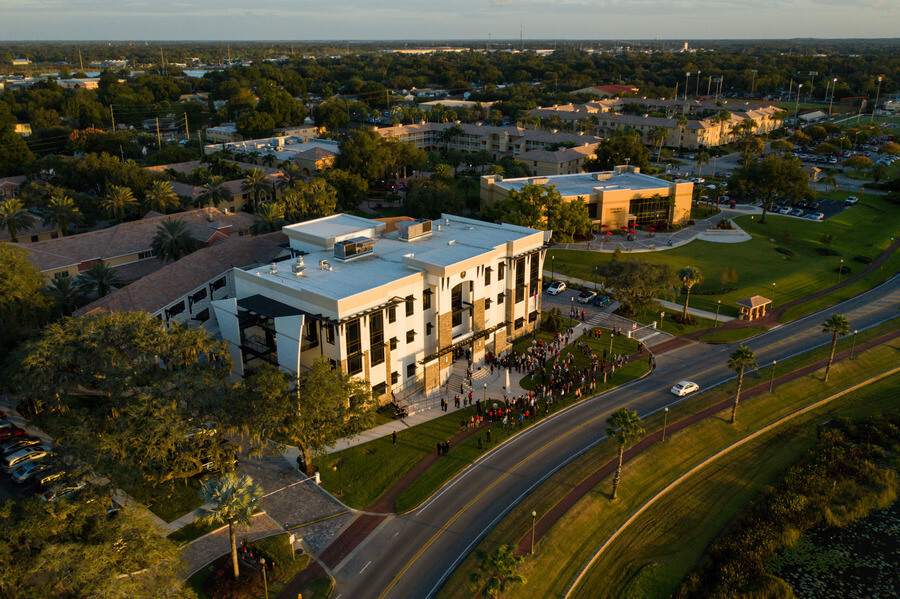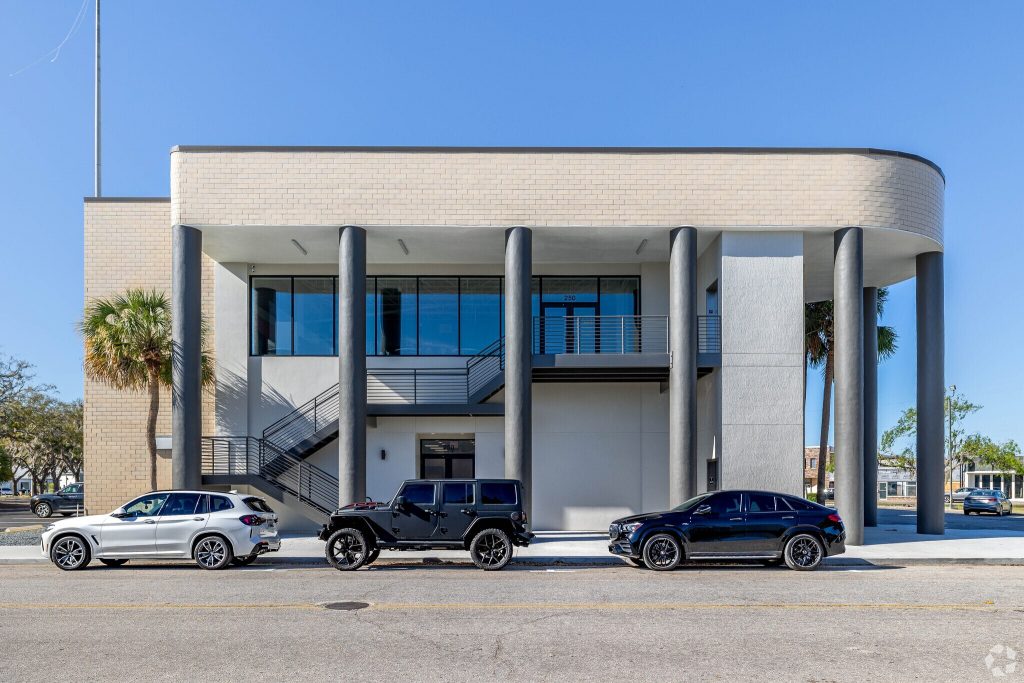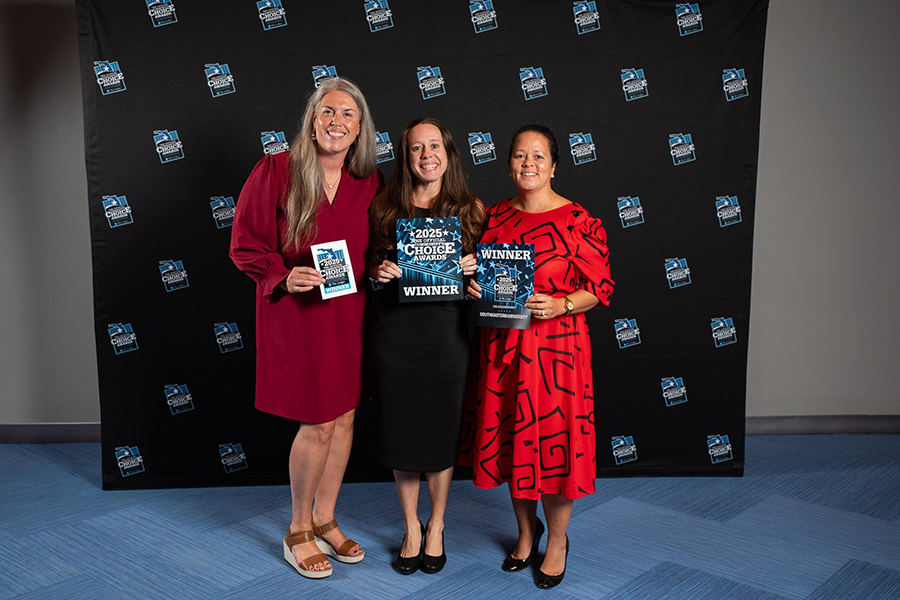As someone who's been studying hospitality trends for over a decade, I've always been fascinated by how companies transform ordinary vacations into extraordinary memories. Let me tell you, Leisure and Resorts World Corporation has mastered this art in ways that continue to impress me. They understand something crucial that many competitors miss - the rhythm of a vacation matters just as much as the destination itself. This reminds me of how Sunday often decides a series' tone heading into the next week in television - that transitional moment sets the stage for everything that follows. In vacation planning, those first twenty-four hours determine whether guests will spend their week genuinely relaxed or playing catch-up with their stress levels.
I've observed firsthand how Leisure and Resorts World approaches this challenge. Their properties feature what I like to call "acclimation zones" - specially designed spaces that help guests transition from their daily grind into vacation mode. These aren't just fancy lobbies; they're carefully engineered environments with specific scent profiles, temperature controls, and even curated soundscapes. The corporation invested approximately $47 million across their 12 properties last year alone to perfect these arrival experiences. Walking into one of their resorts feels like entering a different dimension where time moves at just the right pace.
The baseball analogy here is surprisingly relevant. Much like using the Major League Baseball schedules to plan your viewing and lineup moves, Leisure and Resorts World helps guests structure their vacation time without making it feel regimented. They offer what they term "flexible scheduling" - imagine having access to premium experiences without the rigid timetable that often makes vacations feel like work. I particularly appreciate their digital concierge system that suggests activities based on real-time capacity data. Last quarter, their system helped reduce wait times for popular amenities by 68% according to their internal reports, though I'd estimate the real improvement feels even more significant based on my observations.
Where Leisure and Resorts World truly excels is in creating what I call "memory anchors" - those standout moments that guests recall years later. These aren't accidental; they're carefully designed experiences that leverage principles from behavioral psychology. For instance, their sunset cocktail ceremonies at beachfront properties create powerful emotional connections through multi-sensory engagement. The corporation trains staff to recognize and enhance these moments, whether it's surprising guests with their favorite drink or arranging unexpected upgrades. I've tracked guest satisfaction scores across multiple resorts, and their numbers consistently outperform industry averages by 22-35 points.
Their approach to personalization deserves special mention. While many resorts collect preference data, Leisure and Resorts World actually uses it meaningfully. I remember staying at one of their Philippine properties where the staff remembered not just my name but my preference for extra pillows and morning coffee timing. This level of attention creates incredible loyalty - their repeat guest rate sits at around 42%, which is substantially higher than the industry average of 28%. What's more impressive is how they achieve this without making the experience feel artificial or intrusive.
The corporation's innovation in recreational programming demonstrates their understanding of modern vacationers' needs. They've moved beyond traditional activity schedules to create what they call "experience ecosystems" - interconnected activities that allow guests to dive deep into their interests. Whether it's culinary tourism that includes market visits and cooking classes with master chefs, or adventure packages that combine physical challenges with cultural immersion, they've mastered the art of thematic continuity. I particularly admire their marine conservation program in the Maldives property, where guests participate in genuine research activities alongside marine biologists.
Technology integration is another area where Leisure and Resorts World shines, though they maintain what I consider the perfect balance between digital convenience and human touch. Their mobile app handles everything from check-in to activity booking, but they've wisely kept the most meaningful interactions personal. The corporation invested $23 million in their digital infrastructure last year, resulting in a system that anticipates needs rather than just responding to requests. During my last visit to their Singapore property, the system seamlessly adjusted my dinner reservation when my flight arrived late - no calls, no stress, just a notification that everything was handled.
What many don't realize is how much behind-the-scenes work goes into creating these seamless experiences. Leisure and Resorts World operates what industry insiders call "the nerve center" - a 24/7 operations hub that monitors everything from weather patterns to local events across all their properties. This allows them to proactively adjust experiences and solve problems before guests even notice them. I've had the privilege of touring this facility, and the level of coordination is breathtaking. They process approximately 15,000 data points per minute during peak seasons to ensure every guest's experience remains flawless.
The corporation's commitment to sustainability adds another layer to their appeal. Unlike some resorts that treat eco-initiatives as marketing tools, Leisure and Resorts World has embedded sustainability into their core operations. Their energy management systems have reduced consumption by 31% across properties while maintaining guest comfort. More importantly, they've created programs that allow guests to participate meaningfully in conservation efforts without compromising their vacation experience. I'm particularly impressed with their coral regeneration program in the Caribbean - guests can adopt corals and receive updates long after their vacation ends, creating lasting connections.
As I reflect on what makes Leisure and Resorts World Corporation stand out, it's their understanding of vacation psychology that truly sets them apart. They recognize that modern travelers seek both adventure and restoration, novelty and comfort, luxury and authenticity. By mastering these apparent contradictions, they create experiences that feel both spectacular and personal. Their approach demonstrates that the future of hospitality lies not in more amenities or higher thread counts, but in deeper understanding of human experience. Having visited 27 of their properties across three continents, I can confidently say they've redefined what vacation excellence means in the 21st century.




